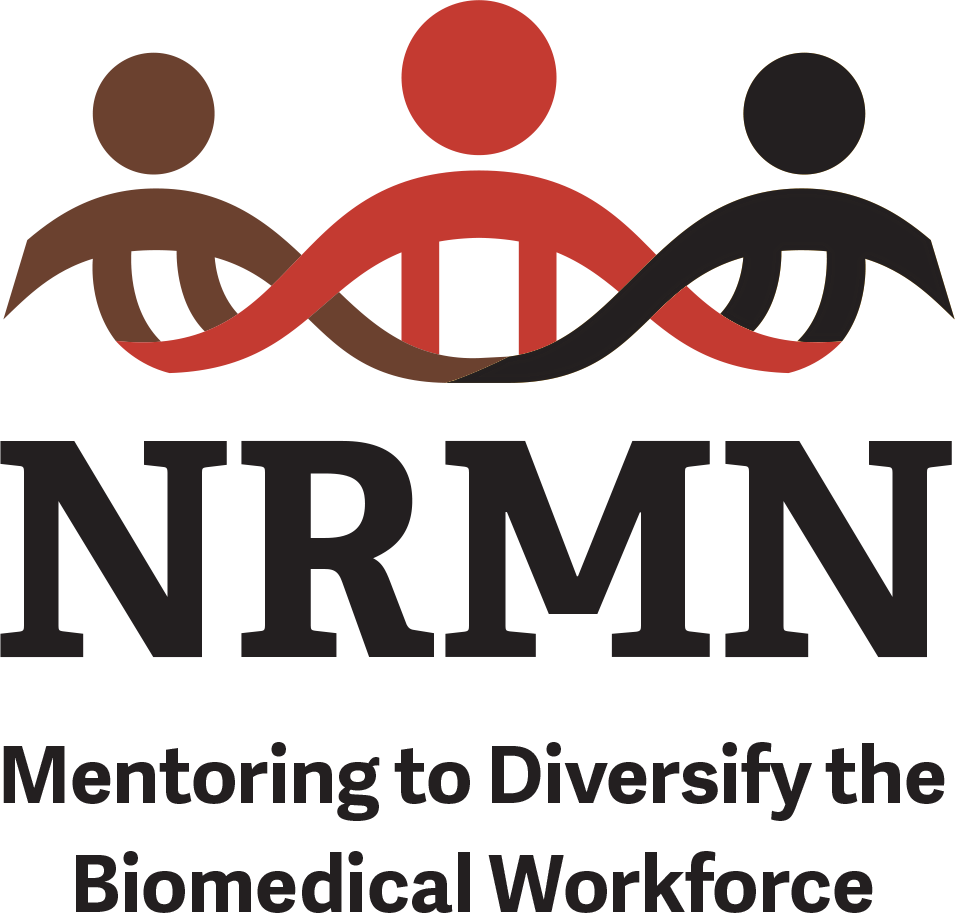Centers of Research Excellence in Science and Technology HBCU Research Infrastructure for Science and Engineering (CREST HBCU-RISE)
The Centers of Research Excellence in Science and Technology (CREST) program provides support to enhance the research capabilities of minority-serving institutions (MSI) through the establishment of centers that effectively integrate education and research. CREST promotes the development of new knowledge, enhancements of the research productivity of individual faculty, and an expanded presence of students underrepresented in science, technology, engineering, and mathematics (STEM) disciplines.
The HBCU-RISE is a component of the CREST program that supports the expansion of institutional research capacity as well as the successful training of doctoral students, especially those from groups underrepresented in STEM at HBCUs.
HBCU-RISE projects must have a unifying research focus in one of the research areas supported by NSF; a direct connection to the long-term plans of the host department(s) and the institution’s strategic plan and mission; and plans for expanding institutional research capacity as well as increasing the production of doctoral students, especially those underrepresented in STEM.
Centers of Excellence at 1890 Institutions (1890 COEs)
The intent of the 1890 COEs Program is to provide support for Centers of Excellence that were originally established in 2015 in conjunction with the 125th Anniversary of the Second Morrill Act of 1890. The 1890 COEs are hosted by 1890 Land-Grant Institutions with the goals of: 1) increasing profitability and rural prosperity in underserved farming communities; 2) addressing critical needs for enhanced international training and development; and 3) increasing diversity in the science, technology, engineering, agriculture and mathematics (STEAM) pipeline.
National Institute on Minority Health and Health Disparities
Sexual and Gender Minority Populations in NIH-Supported Research
Release Date: August 28, 2019 -NIH Announces Revised Definition of Sexual and Gender Minority (SGM) Populations for Research Purposes
Notice Number: NOT-OD-19-139
NIH has announced the revision of the definition of sexual and gender minority (SGM) populations for research purposes. It is expected that this Notice (NOT-OD-19-139) will help to enhance the representation of SGM individuals in the agency’s research portfolio and to stimulate the development of novel research projects and strategies to better understand and advance SGM health. The NIH Sexual and Gender Minority Research Office would like to make it clear that this change in definition is not intended to exclude any person or population previously included under the former definition of SGM populations.
MOSAIC Postdoctoral Career Transition Award to Promote Diversity (K99/R00)
Supports postdoctoral scientists from diverse backgrounds conducting research in areas within the NIGMS mission by providing up to 5 years of support in two phases. The initial (K99) phase provides support for up to 2 years of mentored postdoctoral research training and career development. The second (R00) phase provides up to 3 years of independent research support once the scholar transitions to an independent faculty position. Awardees must be US Citizens or Permanent Residents. For more information see: PAR-19-343. Please note, the first application deadline is February 12, 2020.
MOSAIC Institutionally-Focused Research Education Cooperative Agreement to Promote Diversity (UE5)
Supports scientific societies whose members conduct research within the NIGMS mission. Awardees will provide skills development, mentoring, and networking opportunities that prepare cohorts of scholars supported by MOSAIC K99/R00 awards to transition into, succeed, and advance in independent faculty careers at research-intensive institutions. For more information see: PAR-19-342. Please note the first application deadline is November 15, 2019.
National Institute on Aging – NIH
There is limited genomic and epigenomic data from U.S. racial/ethnic minorities. NIMHD is looking for investigators to bridge this gap with this #FundingOpportunity to identify the mechanisms by which social factors lead to epigenetic changes and gene function that affect minority health and/or health disparities.
Intramural NIAID Research Opportunities (INRO)
Mikayla Pulliam – INRO participant and postbac in the Research Technologies Branch
Intramural NIAID Research Opportunities (INRO) promotes biomedical research training opportunities in allergic, immunologic, or infectious diseases. Applicants for INRO should be talented senior-level undergraduate students, those who have recently completed a master’s degree, or those who are in their final year of a master’s degree program. Through INRO, the NIAID training office sponsors postbac trainees from U.S. populations underrepresented in the biomedical sciences and those dedicated to promoting diversity and inclusion — as defined by Notice of NIH’s Interest in Diversity Notice. Individuals from underrepresented populations and/or disadvantaged backgrounds are strongly encouraged to apply.
Candidates must demonstrate a strong commitment to the promotion of diversity and inclusion in the biomedical sciences and be actively pursuing a postbaccalaureate (postbac) research training position – also called an Intramural Research Training Award (IRTA) – in NIAID at the time of their INRO application. If selected to attend the visit, and if offered a position, candidates should be prepared to confirm a laboratory by March 1, with a start date of June 15 of the visit year.

